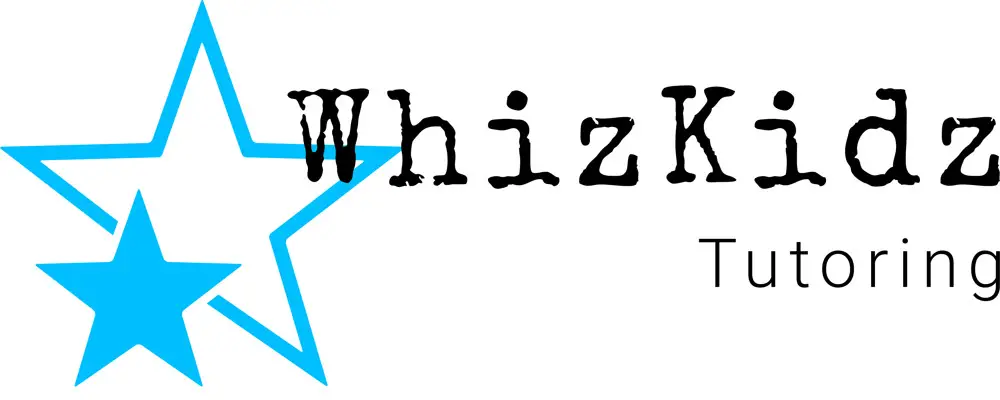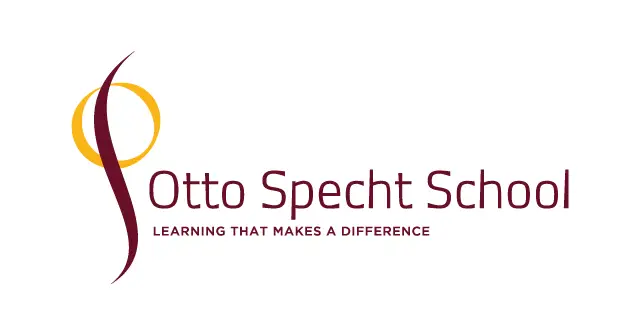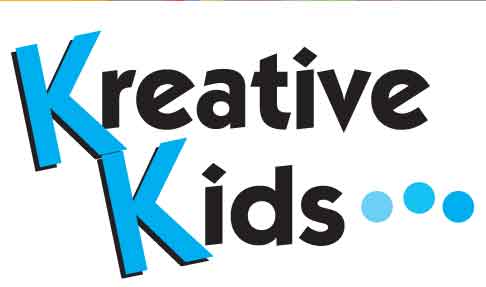Get the Best Family Activities
Your child should be formally evaluated by a licensed learning specialist or clinical psychologist provided free of charge by the school. If you're not satisfied with the timeliness of the evaluation, or you wish to pursue a private evaluation, the costs can range anywhere from $1,000 to $5,000, although insurance may cover it.
After the evaluation, you will have the opportunity to attend the Individualized Education Plan (IEP) meeting and discuss the services the school is recommending. Do your research and come prepared with information and recommendations you believe are appropriate for your child. The IEP is a contract, and the most important document when appropriating services.
"The IEP stipulates that children receive a certain level of instruction at a certain intensity over a certain period of time and that progress be monitored so that [parents] know what is being offered is working," Horowitz explains.
The IEP may stipulate that services be rendered in the general education classroom with special support brought in, in a general education setting where the child is moved to a separate space for part of the day, or that the child is moved to a completely different school or home-schooled. "The key is 'appropriate.' Is what the child is receiving appropriate, and is the child benefiting from that special education service?" Horowitz says.
 Accommodations, unlike modifications, don't change what is expected from a child. "These are intelligent kids who have alternate paths to conquering, understanding, and mastering information," Horowitz says. Accommodations may include extended time and alternate test settings; a date book or assistive technology for organization; a note taker; special classroom seating or lighting; typed, double spaced, or large-print handouts; or an alternative keyboard for those with motor challenges. Audio books from organizations like Bookshare® or Recording for the Blind and Dyslexic® and assistive technologies like e-readers, high-speed flatbed scanners, and the Intel Reader (pictured at right) can help students who struggle with reading and comprehension and may be provided free of charge if it's included in the IEP and budgets allow.
Accommodations, unlike modifications, don't change what is expected from a child. "These are intelligent kids who have alternate paths to conquering, understanding, and mastering information," Horowitz says. Accommodations may include extended time and alternate test settings; a date book or assistive technology for organization; a note taker; special classroom seating or lighting; typed, double spaced, or large-print handouts; or an alternative keyboard for those with motor challenges. Audio books from organizations like Bookshare® or Recording for the Blind and Dyslexic® and assistive technologies like e-readers, high-speed flatbed scanners, and the Intel Reader (pictured at right) can help students who struggle with reading and comprehension and may be provided free of charge if it's included in the IEP and budgets allow.
Parents as Partners
It's important not to feel pressured to sign anything until you understand exactly what the IEP states and how the recommended services will be implemented. If the IEP is signed and you learn about a new technology that you believe can help your child, for example, you can ask to hold another meeting to revise the IEP.
"There are absolutely ways for this living, breathing document - which is not written in stone and needs to be reviewed on a regular basis throughout the school year - to be amended and updated in ways that are meaningful for the parent and the school," Horowitz says.
These due process rights are articulated at the time you enter the evaluation process, not at the IEP meeting, and all attempts for recourse should be well documented.
Sometimes when parents are not satisfied with the IEP, mediation will take place with a professional mediator, a parent advocate, or even an attorney. Horowitz warns parents not to go into an IEP meeting wanting to do battle; instead, take a 'parents as partners' approach. "When parents and schools finally sit down and talk, they realize that they're both interested in the same thing, and they can put together a plan that really does work."
Other Impairments
For some children who have physical or mental impairments that impact their learning time, yet are not eligible for special education services, the 504 plan, or section 504 of the Rehabil-itation Act of 1973, can provide services for them. This civil rights law prohibits discrimination against children with disabilities and states that the school must provide accommodations so the student can participate in the general education setting. The evaluation and process for receiving these services is different from the process for pursuing special education services. Visit www.nymetroparents.com/504comparison for a chart detailing how 504 and IDEA work with each other and complement one another, so you as the parent can better assist your child's educational team in ensuring your child's right to a free and appropriate education.
Also see: Learning Disabilities: Definitions and Symptoms
A Parents' Guide to Special Needs








